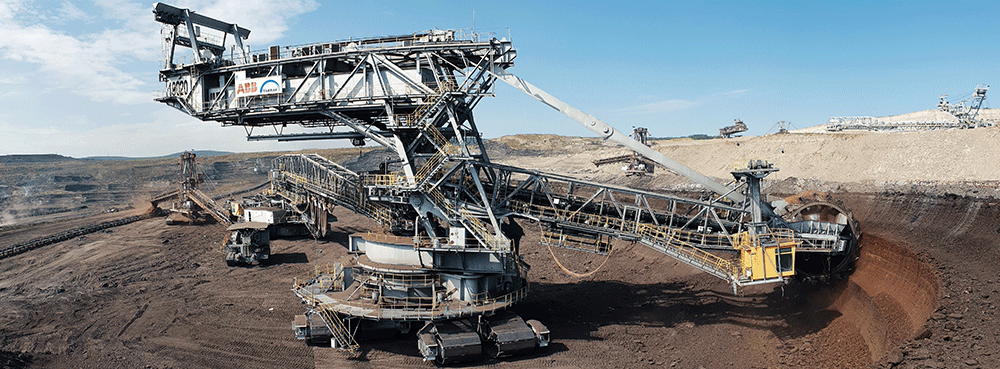Mining exploitation, a fundamental activity in various industries, has both positive and negative effects on our society and environment. This article aims to delve into the multifaceted impacts of mining, shedding light on its environmental consequences, social implications, and economic outcomes. By understanding these effects, we can strive for sustainable mining practices that minimize harm and maximize benefits.
- Environmental Effects:
Mining activities can have profound environmental consequences, including:
- Habitat Destruction: Mining often involves clearing large areas of land, leading to the destruction of natural habitats and the displacement of wildlife.
- Soil Erosion: Excavation and extraction processes can result in soil erosion, leading to reduced fertility and increased sedimentation in nearby water bodies.
- Water Pollution: Mining operations can contaminate water sources through the release of toxic chemicals, heavy metals, and acid mine drainage, posing risks to aquatic ecosystems and human health.
- Deforestation: Mining may require the removal of vegetation, contributing to deforestation and loss of biodiversity.
- Social Effects:
Mining exploitation can significantly impact local communities and societies:
- Displacement and Resettlement: Mining projects often require the relocation of communities, leading to social disruption, loss of cultural heritage, and challenges in adapting to new environments.
- Health and Safety Risks: Miners are exposed to various occupational hazards, such as respiratory diseases, injuries, and long-term health issues.
- Social Conflict: Mining operations can trigger conflicts over land rights, resource allocation, and environmental concerns, straining relationships between mining companies, local communities, and indigenous groups.
- Economic Dependency: Communities reliant on mining may experience economic vulnerability, as their livelihoods become heavily dependent on a single industry, making them susceptible to market fluctuations.
- Economic Effects:
Mining exploitation has significant economic implications:
- Job Creation: Mining activities can generate employment opportunities, both directly and indirectly, contributing to local and national economies.
- Revenue Generation: Mining operations often generate substantial revenue through taxes, royalties, and export earnings, which can be invested in infrastructure development and public services.
- Economic Diversification: Mining can stimulate the growth of related industries, such as equipment manufacturing, transportation, and services, fostering economic diversification in mining regions.
- Resource Curse: Mismanagement of mining revenues can lead to the "resource curse," where countries become overly dependent on resource extraction, leading to economic instability, corruption, and inequality.
Conclusion:
Mining exploitation has far-reaching effects on the environment, society, and economy. While it offers economic opportunities and resources for development, it also poses significant challenges and risks. By implementing sustainable mining practices, embracing technological advancements, and engaging in responsible resource management, we can mitigate the negative impacts of mining while maximizing its benefits. It is crucial to strike a balance between economic growth, social well-being, and environmental preservation to ensure a sustainable and prosperous future.
